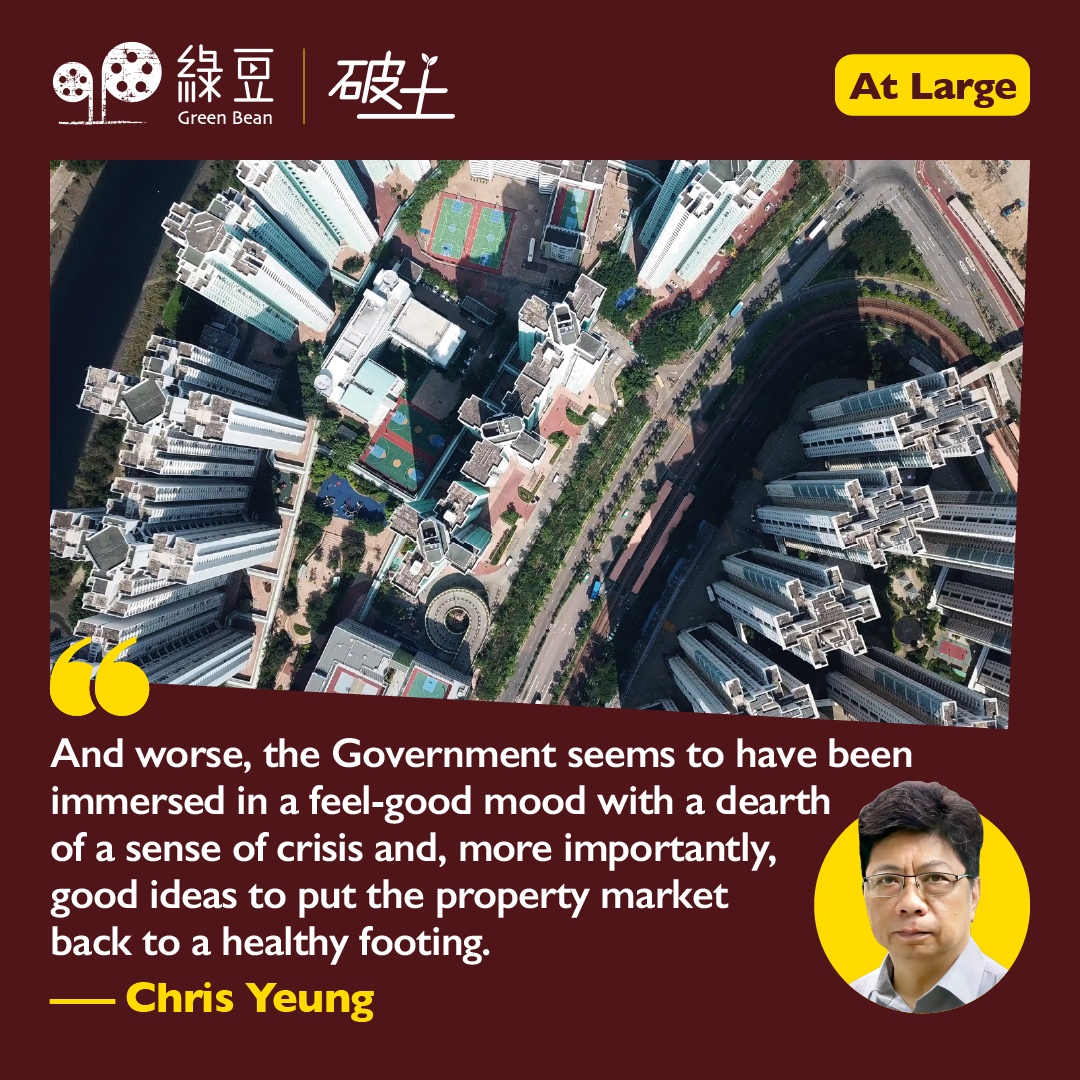Hong Kong property market anything but normal

Around this time last year, Hong Kong’s property developers were keeping their fingers crossed over whether the weak property market could be given a big boost in the 2024-2025 Budget, which was due to be announced on February 28, 2024.
Hopes were high that the Financial Secretary Paul Chan would heed their calls for scrapping the decade-old property-cooling measures, or at least part of them, that they maintained had restricted property transactions. Live-in home prices dropped for the ninth straight month to a level last seen in 2016.
Lifting of interventionist measures
Exceeding the developers’ expectations, Chan abolished all of them in one go with immediate effect. Those include buyers’ stamp duty that targets non-permanent residents with a new residential stamp duty for second-time purchasers.
The Government, he said, expected the volume of transactions to increase, stressing the move was to “stabilise people’s confidence” in the short term and to prevent the negative market sentiments from dragging confidence across the board.
As expected, a fresh air of optimism had enlivened the market. Transactions increased. The “spring” in the property market soon proved to be short-lived. With the economy growing at a slow pace and interest rates hanging at a high level, the property market stayed sluggish.
Developers showed a lack of appetite for land in government auctions. Stories of vacant commercial units and new lows of residential flat transactions featured regularly in the media. Speculation of the default of a debt-laden major property developer, New World Development, refused to go away despite their denials.
In a report released last week, S&P Global Ratings warned any distress event involving major Hong Kong developers could trigger cascading effects, hitting the financial strength of rated entitles while raising the risk of bondholders.
If that happened, they said home sales would fall to half of what they predicted in November and that home prices were likely to fall 5 to 7 per cent.
Idea of a freeze of land sale
One year after the Government moved to put the property market back to normalcy with the lifting of interventionist measures, the market is anything but normal. The property sector is fraught with growing jitters caused by a list of external and domestic factors.
They include the US interest rate, the local economy, the default risk of major developers and the property glut.
Unlike one year ago, the city’s property developers have kept a low profile in the consultation period of the upcoming Budget. Led by the city’s major developers, the Real Estate Developers’ Association has been modest in their list of proposals submitted to the Government.
Against that background, the idea of a freeze of land sale for two years floated by a prominent businessman, James Tien, to help stabilise market confidence is intriguing.
Tien, a former long-time legislator and chairman of the business-oriented Liberal Party, retired from politics a few years ago.
In a recent interview with the media, he expressed fears that the property market would see a “downward spiral” if nothing was done. Tien said interest rates would stay at a high level for at least two to three years in the face of a tariff war mounted by US President Donald Trump.
Tien said he had lobbied some senior government officials and Executive Council members, but declined to reveal their response. He claimed his idea received positive feedback from some developers.
Despite the fact that the Government has already drastically shrunk the land sale programme in the current financial year, the property glut, among other factors, has caused more uncertainties in the sector in the coming year.
Tien’s bold call has reflected the depth of negative sentiments within the property sector about the market. If it has not drawn much attention by the media and the political circle, it is not so much because of the validity of the fears he raised but the effectiveness of the idea of a two-year freeze of land sale.
Tien argued that a freeze would be a strong message given by the Government on its determination to stabilise the market and shore up confidence.
Like it or not, it may be too little.
Property tycoon Ronnie Chan made headlines in 2023 when he said the “huge-profits” days of the property sector had come to an end. The troubles facing New World Development have given credence to his statement.
There are indeed more negative factors that have dented confidence in the property market and more importantly, the economy in the short- and medium-term.
And worse, the Government seems to have been immersed in a feel-good mood with a dearth of a sense of crisis and, more importantly, good ideas to put the property market back to a healthy footing.
( Photo : Shutterstock )
▌[At Large] About the Author
Chris Yeung is a veteran journalist, a founder and chief writer of the now-disbanded CitizenNews; he now runs a daily news commentary channel on Youtube. He had formerly worked with the South China Morning Post and the Hong Kong Economic Journal.